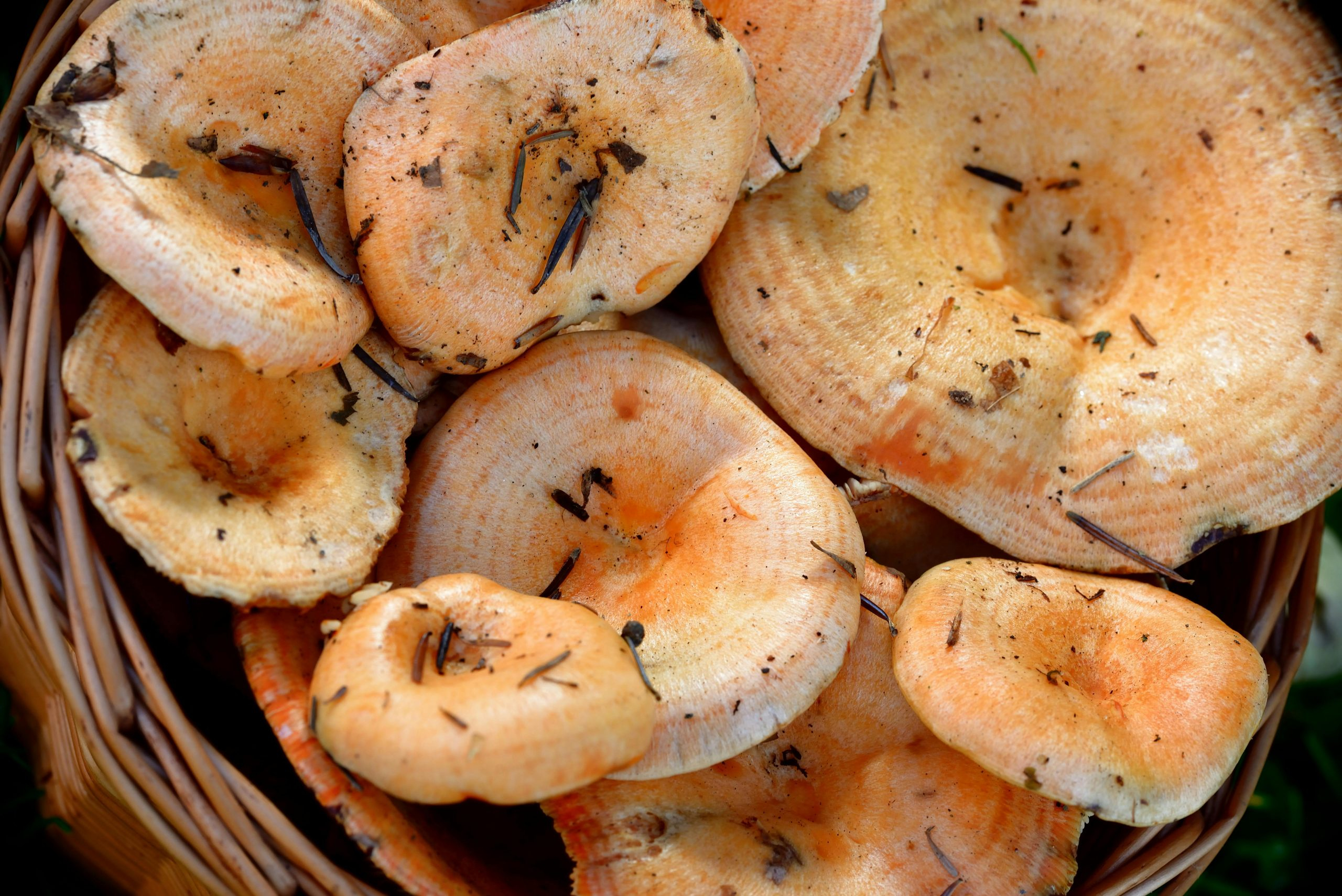Sustainable Cooking Tips for Eco-Conscious Eaters
Welcome to the world of sustainable cooking! In recent years, there has been an increasing awareness about the impact our food choices have on the environment. As eco-conscious eaters, it’s important for us to not only consider the health benefits of our meals, but also the sustainability of our cooking methods. By making small changes in our cooking routines, we can contribute to a greener and more sustainable planet. In this article, we will discuss some practical and easy-to-implement sustainable cooking tips for eco-conscious eaters.
The Power of Plant-Based Meals
Plant-based meals not only have numerous health benefits, but they are also a more sustainable choice for the environment. The production of meat and dairy products is responsible for a significant amount of greenhouse gas emissions, deforestation, and water consumption. By incorporating more plant-based meals into your diet, you can significantly reduce your carbon footprint. Replace meat with plant-based proteins such as lentils, tofu, or beans and experiment with new and exciting plant-based recipes.
Support Local Farmers
Buying locally sourced produce is not only beneficial for the environment, but it also supports small-scale farmers in your community. When you purchase fruits and vegetables from local farmers, you are reducing the carbon footprint of your food by eliminating the need for long-distance transportation. Additionally, local produce is often fresher and more nutrient-dense compared to store-bought produce that travels long distances before reaching your plate.
Reduce Food Waste
A staggering amount of food goes to waste each year, contributing to greenhouse gas emissions and taking up precious landfills space. As eco-conscious eaters, we can combat food waste by planning meals ahead, buying only what we need, and finding creative ways to use leftovers. Leftover vegetables can be turned into a nutritious soup, and stale bread can be transformed into croutons or breadcrumbs. Be creative and avoid throwing out food that can still be used in another way.
Eco-Friendly Cooking Appliances
The type of cooking appliances we use can also play a role in our carbon footprint. Gas stoves and ovens emit harmful gases and contribute to air pollution. Consider switching to electric appliances, such as induction cooktops, which are more energy-efficient and produce less CO2. You can also opt for solar-powered stoves or ovens, which are a great sustainable choice, especially for outdoor cooking.
Invest in Reusable Cooking Tools
Single-use cooking tools, such as baking paper, aluminum foil, and plastic wrap, create unnecessary waste and harm the environment. Invest in reusable alternatives such as silicone mats, beeswax wraps, and glass containers. These products not only reduce waste but also save you money in the long run.
Grow Your Own Herbs and Vegetables
Another way to reduce your carbon footprint and have control over the source of your food is by growing your own herbs and vegetables. You don’t need a large backyard to start a small herb garden or grow a few vegetables in pots. Not only does this provide you with fresh and organic produce, but it also eliminates the need for packaging and minimizes the carbon footprint of your food.
Choose Sustainable Seafood
If you enjoy seafood, it’s important to make informed choices about the sustainability of the seafood you consume. Avoid overfished species and opt for sustainably caught fish. Consider purchasing seafood from a local fisherman or a reputable seafood market that sources their products ethically and sustainably.
In conclusion, by incorporating these sustainable cooking tips into our daily routines, we can make a positive impact on the environment and contribute to a greener and more sustainable planet. Remember, small changes can make a big difference in the long run. So, let’s cook with a conscience and do our part in preserving our planet for future generations.











